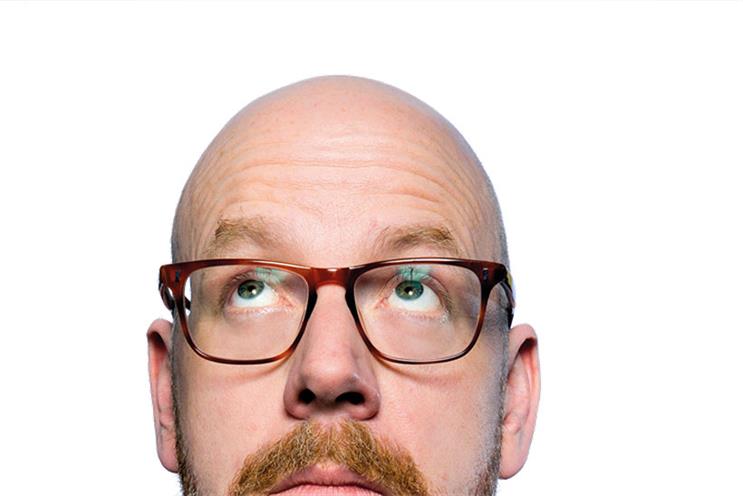Amsterdam has always been a city that has complemented London’s advertising scene – a crucible of creativity and innovation in a country where 30% of the population work in the creative industries. And one that has helped keep its UK counterparts on their toes and from which two cities, top talent has always ebbed and flowed.
The announcement that Eurostar is about to start offering a direct service between London and Amsterdam, with tickets starting as low as £35, could this mutually beneficial exchange of talent turn into a one-way flood?
In order to keep London creative and competitive, we need policies that make it easier, not harder, to hire people from around the world
If you believe the most ardent Remainers and the stories claiming the daily outmaneuvering of British negotiators by their European Union counterparts, then it’s easy to imagine why Amsterdam could quickly rival London as the central hub of the European creative scene. Indeed, one senior adland contemporary told me recently that it "Brexit is a unicorn wandering around Amsterdam shitting gold". Making it easier to get there will do little to stop that monstrous metaphor from gathering pace, if those same naysayers are to be believed.
More crucially the issue helps throw into relief how crucial negotiations are on the free movement of people from within the EU. An Advertising Association survey suggests as many as one in five working in UK advertising are from the EU and there are few sectors of the economy that could do without one-fifth of their workforce. While the status of EU citizens already working in the UK has been assured, we also need guarantees that we can also attract the best talent in the future – wherever it comes from. This is even more important still given that the number of UK students embarking on creative subjects is the lowest it’s been for a decade.
We need the small, exciting young businesses to continue to pick London as their home
In a post-EU era, we need a future immigration policy that will let us continue to hire the right people from around the world. Some 70% of Grey London’s income is international. We rely on people to bring their knowledge of cultural nuances and international markets to make those accounts run.
For non-EU migrant workers already here on working visas, applications for leave to remain are decided on a points system based on factors including previous earnings, qualifications and age. You have to be earning at least £35,000 a year present and the employer has to prove no one else could do the job. It lacks the flexibility that the advertising industry needs in attracting future talent when the creative spark of an individual is impossible to quantify.
It’s not just talent directly employed by big advertising agencies, we need the small, exciting young businesses to continue to pick London as their home. Collaboration is the key to adapting to the ongoing changes in our industry, and proximity to those creative and disruptive start-ups is vital.
If the Bank of England says a free trade deal including the City is possible post Brexit, and the mayor of London, Sadiq Khan, is arguing that qualified freedom of movement of people is key to protecting economic prosperity in London and the UK post-Brexit, then there is optimism that these voices are being heard in Whitehall.
In order to keep London creative and competitive, we need policies that make it easier, not harder, to hire people from around the world. The future of our industry could rely on it to stop one-way train tickets to Amsterdam being bought and maintain that same sort of flexible, cooperative collaboration of talent and services that has existed in Grey's home of Hatton Garden since the 1740s.
Leo Rayman is chief executive of Grey London


